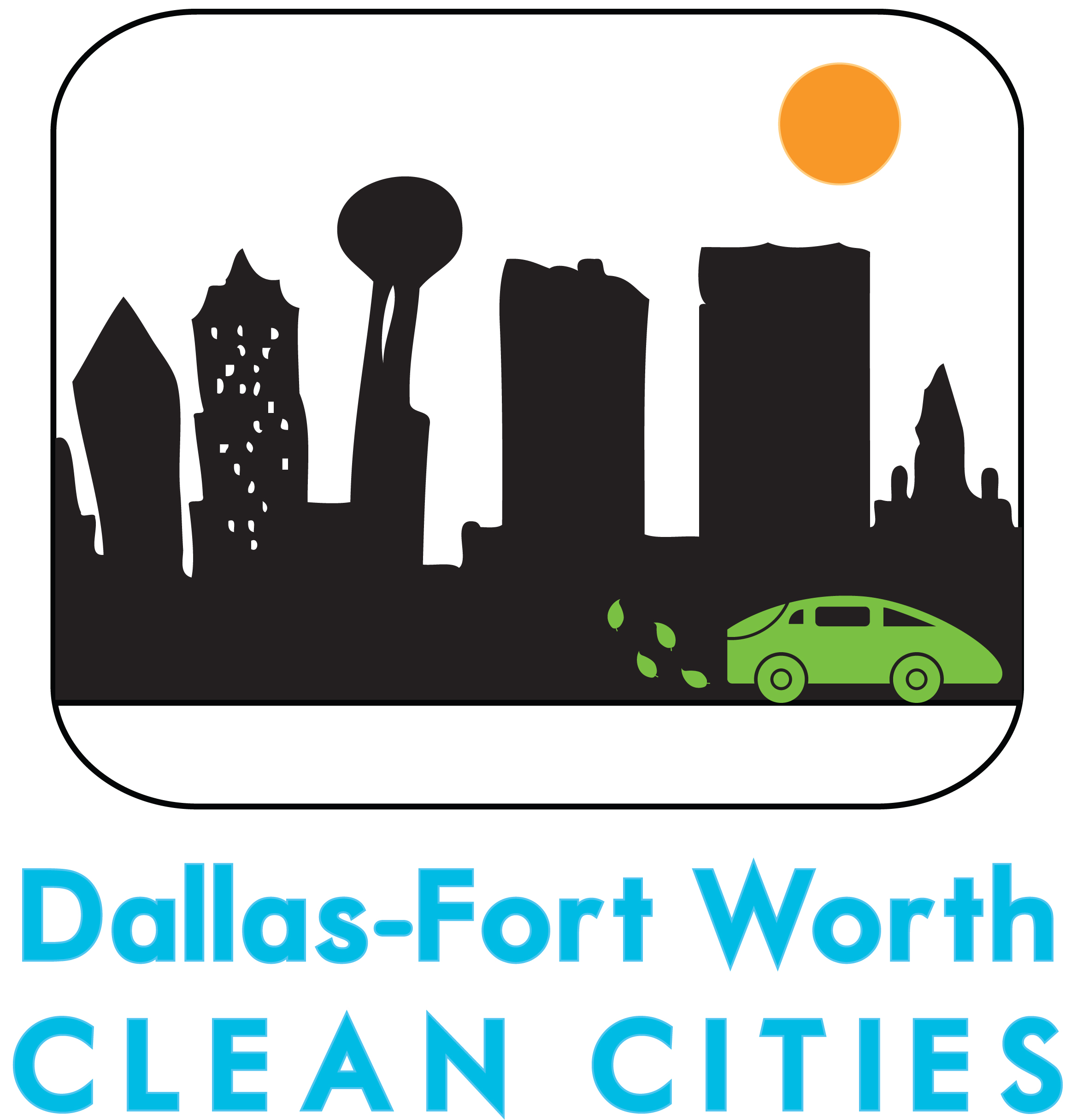DFW Clean Cities Recognizes Fleets for Contributions to Air Quality
11/9/2023
7 entities earn the top award for efforts to improve air quality
PRESS RELEASE
Brian Wilson
Brian Wilson
(Arlington, Texas) – The Dallas-Fort Worth Clean Cities Coalition recently recognized 24 local fleets for their efforts to reduce petroleum use and improve air quality, as part of its annual Fleet Recognition Awards. The winners included seven Gold, nine Silver and eight Bronze recipients.
Entities were judged based on their contributions recorded in the DFW Clean Cities Annual Survey, with a maximum of 100 points possible. The points included 55 for emissions reduction, 25 for fuel consumption reduction and 20 for partnering with DFW Clean Cities. Gold Level status required 50 or more points; Silver Level status required 40-49; and Bronze Level status required 30-39. Dallas garnered the top score of 79 points.
Dallas Area Rapid Transit was awarded Gold status for the fifth consecutive year, while the cities of Carrollton, Dallas and Lewisville, and Dallas Fort Worth International Airport earned Gold for the fourth straight year. Other entities bringing home the top honor were the Town of Flower Mound and City of Frisco.
The winners of the Silver recognition were the cities of Arlington, Denton, Grand Prairie, Irving, Mesquite, North Richland Hills and Southlake, Denton County, and Trinity Metro. Irving earned Silver status for the sixth year.
Eight entities – the Town of Addison, the cities of Coppell, Grapevine, Richardson and Watauga – joined Tarrant County, Bimbo Bakeries and Weatherford College to claim Bronze status.
The winners contributed significantly to a regional reduction of approximately 30 million gallons of gasoline and 176,226 tons of greenhouse gas emissions. Through the efforts of local fleets, Dallas-Fort Worth was able to exceed the reduction targets set by the U.S. Department of Energy for both greenhouse gas and gallons of gasoline reduced. A total of 52 Dallas-Fort Worth area fleets reported their activities.
Additionally, DFW Clean Cities recognized six Shining Stars for their work to enhance air quality by reducing nitrogen oxides and particulate matter, improving efficiency and converting to alternative fuels. Southlake and Addison demonstrated the greatest showcase of efficiency strategies; Irving and Grand Prairie were named alternative fuel champions; and Denton County and Carrollton won the Rising Star Award as air quality champions for the progress they demonstrated reducing nitrogen oxides and particulate matter. Fort Worth was also acknowledged for its decision to adopt the Clean Fleet Policy for the first time.
Thirteen fleets were recognized for a decade of reporting. They were:
- Addison
- Benbrook
- Dallas
- DART
- Denton
- Denton County
- DFW Airport
- Flower Mound
- McKinney
- Plano
- Richardson
- Southlake
- Tarrant County
About the North Central Texas Council of Governments:
NCTCOG is a voluntary association of local governments established in 1966 to assist local governments in planning for common needs, cooperating for mutual benefit, and coordinating for sound regional development. NCTCOG's purpose is to strengthen both the individual and collective power of local governments and to help them recognize regional opportunities, eliminate unnecessary duplication, and make joint decisions.
NCTCOG serves a 16-county region of North Central Texas, which is centered in the two urban centers of Dallas and Fort Worth. Currently, NCTCOG has 228 member governments including 16 counties, 169 cities, 19 school districts, and 27 special districts. For more information on the NCTCOG Transportation Department, visit www.nctcog.org/trans.
About the Dallas- Fort Worth Clean Cities Coalition:
In 1995, the Dallas-Fort Worth (DFW) Clean Cities became one of the first Clean Cities coalitions under the Energy Policy Act’s provision for an organization that promotes the use of alternative fuels to lessen America’s dependence on foreign sources of petroleum. Dallas-Fort Worth Clean Cities is a locally based, public-private partnership that seeks to advance energy security, protect environmental and public health, and stimulate economic development by promoting practices and decisions to reduce transportation energy impacts and improve air quality, primarily in the transportation sector.

